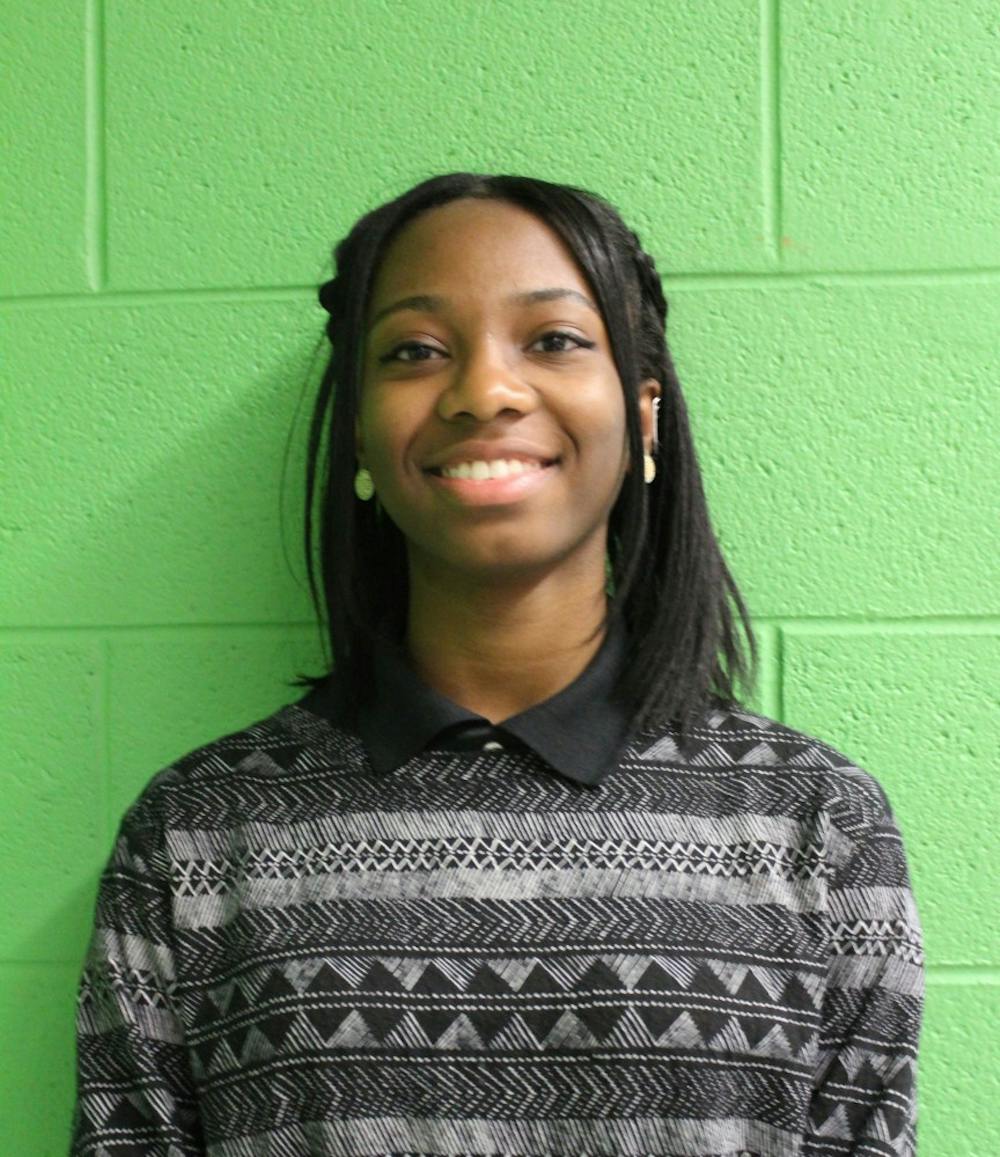Christmas is a traditional Christian holiday celebrated by millions across America. Christmas marketing is heavily pushed beginning in early November as soon as Halloween is over. With the strong push of Christmas in supermarkets, malls, restaurants, and other places of business, other religious holidays taking place during the Christmas season are neglected and go unrepresented.
“I think they should promote my culture because just like Christmas is promoted here, there are a lot of people from my culture here as well,” said Islamic senior Sana Sajjad.
Christmas is a holiday for Christians to celebrate the birth of Jesus of Nazareth, the spiritual being they built their religion upon. But in today’s society, Christmas has become a marketing holiday. It’s the time of year when people are out spending more money on decorations, clothes, and electronics to give gifts to loved ones.
With that commercial push, offices and schools push the Christian holiday in their environments with Christmas trees, Secret Santa, Christmas Break, and other Christmas centered festivities. Schools and workplaces fail to recognize that Christmas celebrations can leave people of other religions feeling left out because Christmas isn’t the only holiday being celebrated at the time. The Jewish holiday Hanukkah and the African holiday Kwanzaa is celebrated at the same time.
“Even before I started celebrating Christmas and accepting Jesus we just accepted we’re living in a Christian country,” said calculus Judaeo-Christian David Menczer.
The word “Hanukkah” means “dedication” in Hebrew. Hanukkah is a celebration commemorating the rededication of the Second Temple in Jerusalem where, legend says, Jews rose up against their oppressors in the Maccabean Revolt. Hanukkah is also known as the Festival of Lights and is commonly known for its tradition of lighting the menorah. The menorah is a nine-branched candle holder and on each night of the eight-day holiday, one candle is lit after sundown. The ninth candle, the shamash, is used to light the other eight candles. The center branch of the menorah represents Divine light and the other branches represent knowledge and human wisdom.
“One of the miracles talked about during Hanukkah is that they only had enough oil for the menorah to last one day, but it lasted for eight days,” said Menczer. “We light the menorah now to remind us of that miracle.”
The name “Kwanzaa” comes from the Swahili phrase “Matunda ya kwanza” which means “first fruits”. Kwanzaa is a week-long celebration where each day focuses on the different principles of Kwanzaa. These days are recognized with Mishumaa Saba, seven candles lit each day of the celebration week. There are three red candles that represent self-determination, cooperative economics, creativity. Three green candles represent faith, purpose, and collective work and responsibility. The black candle that goes in the middle of the seven-branched candelabra represents unity. Kwanzaa is celebrated by each family in its own way but celebrations commonly include songs, dances, and a large traditional meal.
"My religion means everything to me," said counselor Leonard Miller. "It's my faith and road map to decision making."



